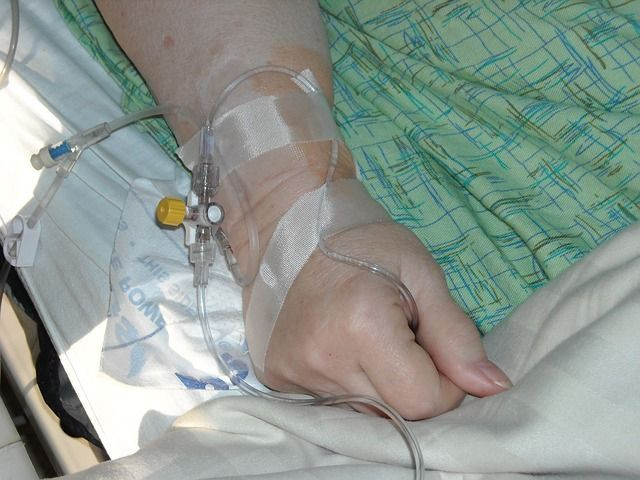Chemotherapy Success Rate: Can We Predict How Cancer Cells Respond To Treatment
In a new study, MIT researchers successfully predicted in an experiment how brain tumors would respond to a chemotherapy drug they used to fight the cancer. The success of this trial could someday help doctors choose the right drugs, and spare patients unecessary pain and side effects associated with chemotherapy.
Many chemo drugs work by damaging cancer cells’ DNA, resulting in forced cellular suicide. But sometimes cells can repair the destruction, and that means that these drugs don’t work for all patients, according to a press release by MIT, The researchers have now developed a way to determine if these tumors will respond to a specific drug by testing cells’ ability to perform several different types of DNA repair. If doctors can predict whether the cancer will be able to repair itself after chemotherapy, they can choose a different type of drug or forego chemo completely.

The research team came to these findings by measuring DNA repair capacity in 12 different glioblastoma tumor samples, according to the press release from MIT. For this specific kind of cancer, a test of only one type of DNA repair, known as MGMT, is necessary to predict its response to temozolomide.
Temozolomide is usually the first drug given to glioblastoma patients along with radiation treatment.
“Because DNA repair is a fundamental process in cells, we don’t think this should be restricted to glioblastoma,” lead author of the study Zachary Nagel said in the press release.
Moving forward, these findings could help to guide cancer patient treatment. But, according to researchers, more studies must be done in human tumor samples to see if the connection remains consistent.
“Improving predictions is important because we want to get the right drug to the right patient. We also don’t want to treat people with a drug that’s not going to work. There are a lot of side effects and a lot of lost time where you could be using an alternative therapy,” said Nagel.
Read more: Nagel ZD, Kitange GJ, Gupta SK, Joughin BA, Chaim IA, Mazzucato P, et al. DNA repair capacity in multiple pathways predicts chemoresistance in glioblastoma multiforme. Cancer Research. 2016.
What Is Chemotherapy? The Ins And Outs Of Treatment, And How It Affects Cancer Patients
Chemotherapy Brain: Certain Cancer Drugs Worsen Patients' Brain Function Compared To Others
Unlike Chemotherapy, New Cancer Treatment Kills Dangerous Cells Without Harming Surrounding Healthy Tissue
Published by Medicaldaily.com



























